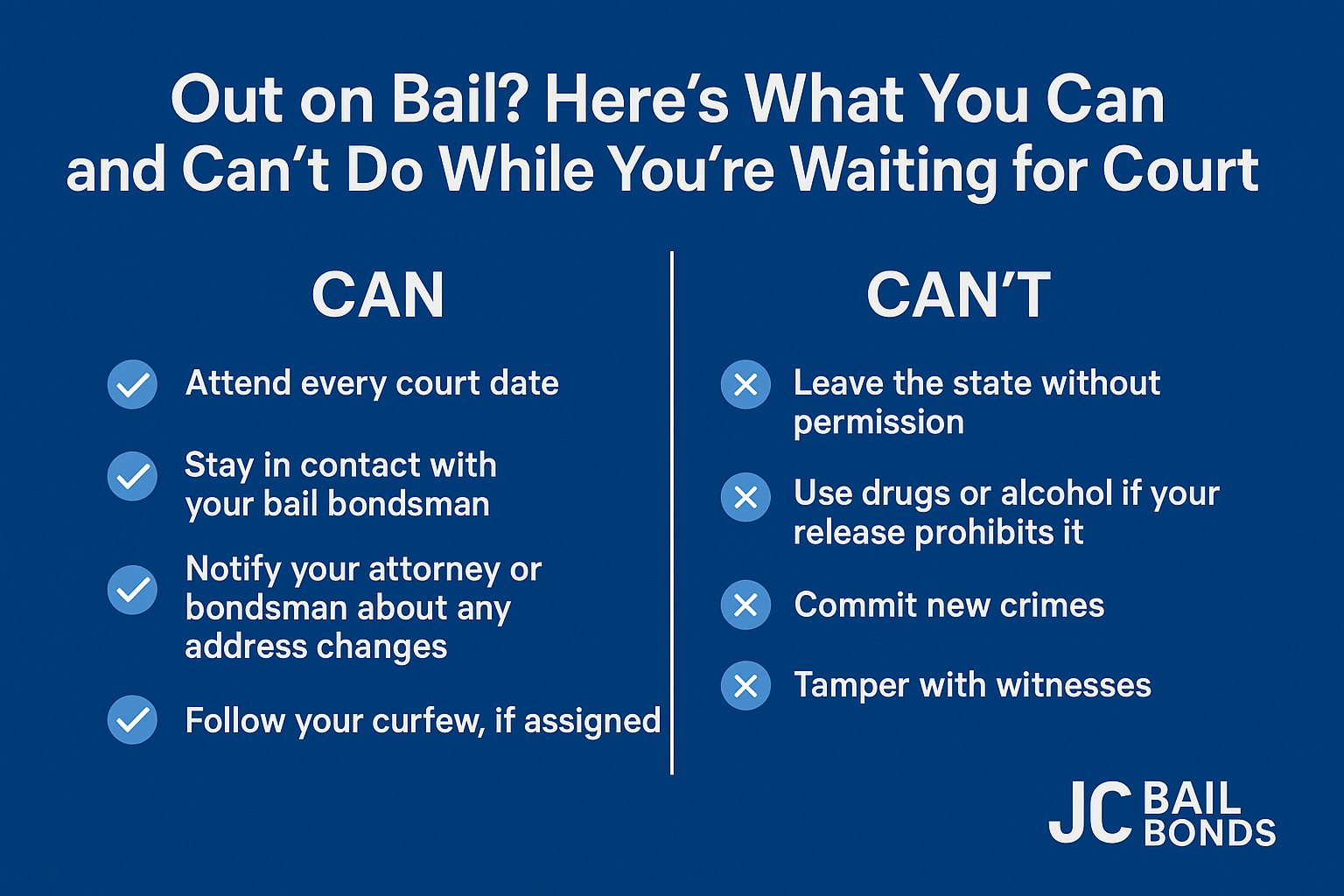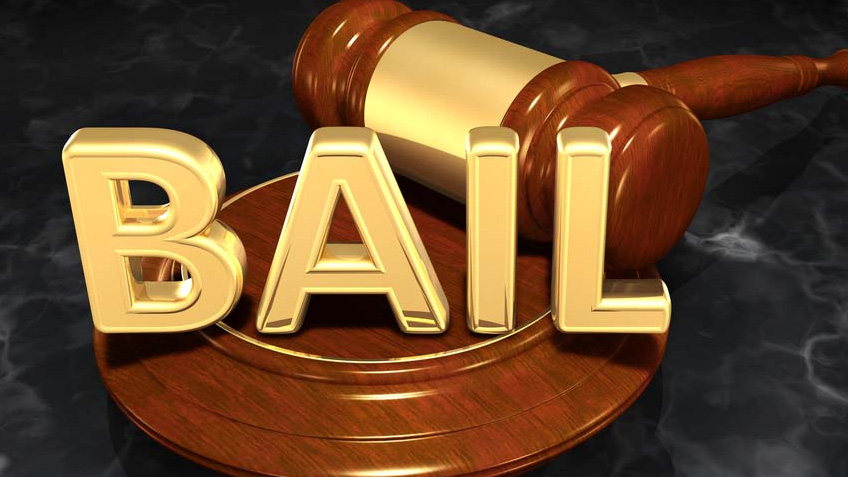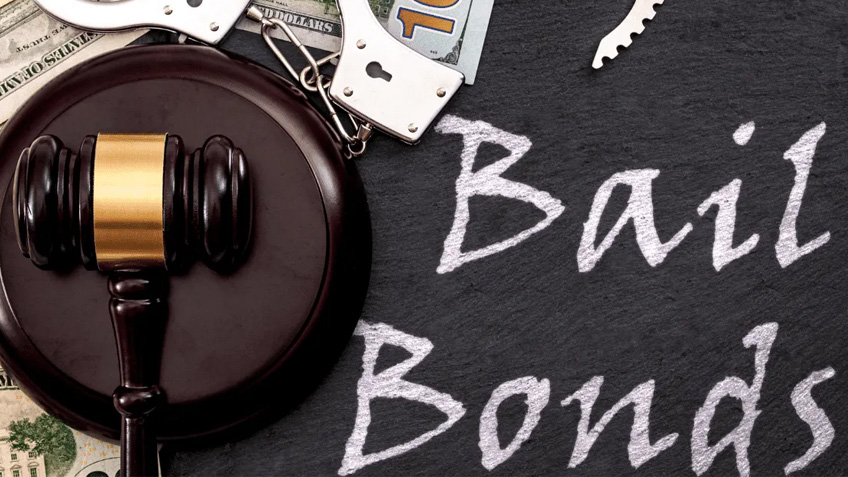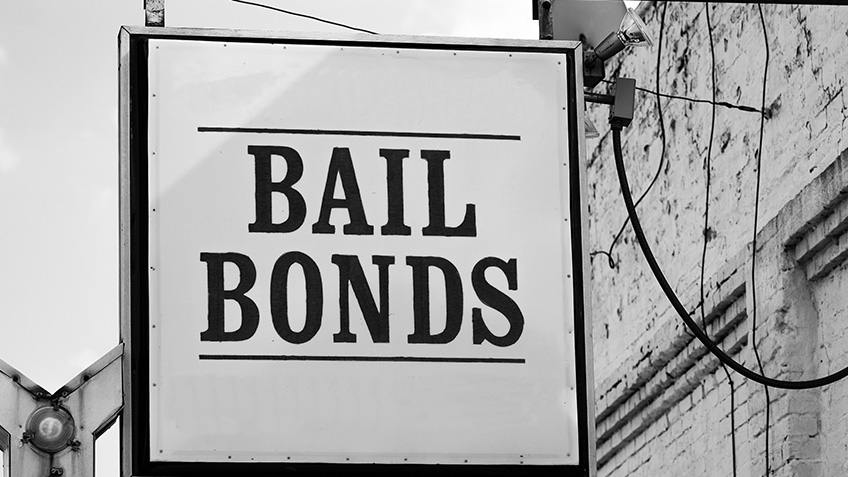After posting bail, many people breathe a sigh of relief, thinking they’re free until the court date. But that freedom comes with strict conditions and responsibilities. From travel restrictions to check-ins with your bail bondsman, knowing what’s allowed—and what’s not—can make all the difference in your case. At JC Bail Bonds, we often guide clients through these tricky times, and here’s what you should know.
What Does Being Out on Bail Really Mean?
Being out on bail doesn’t mean your legal problems are behind you. It simply means you’re released from custody under certain conditions of release from jail, pending your trial. You’re still under legal supervision and violating any term can lead to serious consequences.
Many people wonder, “how long until court after bail?” The timeline varies by jurisdiction, but it could range from a few weeks to several months. During this time, it’s your job to stay compliant and show up for all court dates.

The Bail Conditions and Restrictions You Must Follow
When you’re released, the court outlines your bail conditions and restrictions. These vary depending on the case, but usually include:
- No contact with victims or witnesses
- No possession of firearms or illegal substances
- Mandatory court appearances
- Regular check-ins with your bondsman
- Restrictions on travel
These pretrial release conditions are legally binding. Ignoring them is not just risky—it’s illegal.
The Do’s and Don’ts While Out on Bail
Here’s a quick list of out on bail do’s and don’ts:
✅ Do:
- Attend every court date
- Stay in contact with your bail bondsman
- Notify your attorney or JC Bail Bonds about any address changes
- Follow your curfew, if assigned
❌ Don’t:
- Leave the state without permission
- Use drugs or alcohol if your release prohibits it
- Commit new crimes
- Tamper with witnesses
Breaking even one rule can violate your bail terms. This may lead to re-arrest and result in a bail jumping penalty.
Yes, in most cases you can go to work on bail or continue attending school. The court usually permits this as long as you don’t miss court dates or violate other conditions. Always check with your attorney or bondsman before making changes to your schedule.
Can You Travel While on Bail?
One of the most common questions is: “Can you travel while on bail?” In most cases, travel is restricted. You’ll likely need court approval to leave your county, state, or country. If you’re asking “Can I leave the state or country while I’m waiting for court?”—the answer is probably no unless you get special permission.

Curfew and Other Time-Related Restrictions
Some release terms include a curfew on bail, especially in cases involving violence or minors. This means you must be at a specific location—often your home—during certain hours.
These rules while out on bail are enforced either through verbal check-ins or electronic monitoring devices.
Things to Avoid While Awaiting Trial
Your time out of jail is your chance to prove responsibility. So here are some things to avoid while awaiting trial:
- Breaking the law—even minor traffic offenses
- Talking about your case online
- Associating with known criminals
- Ignoring legal obligations while out on bail
Check-ins with Bail Bondsman: Why They Matter
Part of your bail bond requirements includes regular check-ins with your bail bondsman. At JC Bail Bonds, we monitor our clients to make sure they remain compliant. This protects both the client and our financial investment in their release.
Expert Opinion: Stay Compliant, Stay Free
“The biggest mistake people make while on bail is underestimating the system,” says Mike Lawson, a senior agent with JC Bail Bonds. “One misstep and you’re back in jail.”
At JC Bail Bonds, we help people facing tough legal issues. We understand the importance of following instructions closely. Clients who kept close contact with their bondsman and attorney usually had better outcomes.
What Happens If You Break a Rule?
If you’re caught violating bail terms, you could face:
- Immediate arrest
- Increased bail or denied future release
- Additional charges
- Harsher sentencing if convicted
So if you’re wondering, “what not to do when out on bail?”—the short answer is: Don’t break the law or any conditions of your release.
Final Thoughts
Understanding the rules when you’re out on bail helps you avoid common pitfalls. Always follow the restrictions after bailing out, and don’t hesitate to ask your bondsman or attorney for clarity.
If you’re unsure of your situation, JC Bail Bonds is here to help with expert guidance that keeps you on the right path.
FAQ – Long Tail Keywords for AEO
Can I travel if I’m out on bail?
Only if the court allows it. Usually, you need written permission to leave your city, state, or country.
What happens if I break a rule while out on bail?
You could be re-arrested, lose your bail, and face additional charges or stricter penalties.
Can I still go to work or school while I’m out on bail?
Yes, most courts allow it as long as it doesn’t interfere with your court obligations.
How much freedom do you actually have while on bail?
You have conditional freedom—your actions are restricted by bail terms, and breaking them can lead to arrest.
Are there curfews while you’re out on bail?
Yes, curfews are often assigned depending on the charges and the judge’s discretion.
Can I contact the victim or witnesses?
Usually no—doing so could be seen as witness tampering and lead to more charges.
Am I allowed to drink or use drugs while on bail?
Not if your bail conditions prohibit it, especially in DUI or drug-related cases.
Can I leave the state or country while I’m waiting for court?
Generally, no—unless the court gives you explicit permission.



